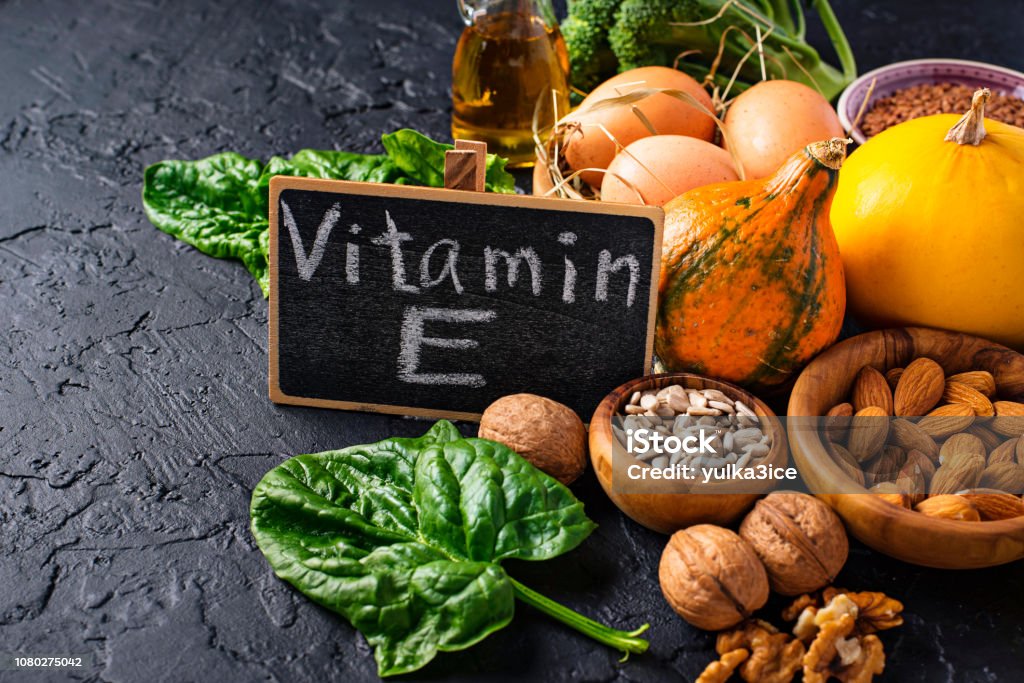
While all the canola oil companies advertise oils to be rich in vitamin E, here’s why it is a crucial content of our everyday diet. Vitamin E is also named as ‘tocopherol’ or ‘anti sterility vitamin’ based on its involvement in the normal child birth. Human beings are empowered by the varied services of tocopherols in the body which include removal of free radicals as most potent natural antioxidant, protection of the cell membrane, role in Heme synthesis, platelet, vascular and immune function, and as a substituent of selenium (Se) while simultaneously slackening senile dementia in the succession of Alzheimer.
Following will give you an account of your body asking for vitamin E in diet.
1. You are Anemic:
Macrocytic anemia causes increased fragility of RBCs, thrombocytosis and edema. All these symptoms hover when a malnourished individual lacks Vitamin E in diet. The erythrocyte of the affected becomes enlarged and irregular in shape, losing their biconcave shape that helps in their motility through the narrow capillaries and eventually hemolyze upon passing through some tight vascular spot. Tocotrienols (vitamin E) abate the hemolysis of transfused RBCs as well as induces enzymes that take part in Heme synthesis thus playing part in replenishment of worn out cells. Thus, especially for a person requiring frequent blood transfusions, an intake of mega doses of up to 300 mg/day is recommended.

2. You have Lipoproteinemia:
High levels of low-density lipoproteins (LDL) else named as ‘bad fat’ accumulate in blood due to excessive intake of red meat, fried food and baked goods. Cholesterol buildup along the walls of the arteries may advance to atherosclerosis was it not the protective feature of tocopherol there for the rescue. Vitamin E’s antioxidant activity reduces LDL oxidation and hence the buildup of cholesterol plaques along the lining of arteries. Jaundice (yellowness of sclera of eyes) and steatorrhea (greasy appearing stool due to presence of fat in feces) also second the call for dietary tocopherol.

3: Changes in the reproductive epithelium:
Low sperm count or sperms with immotile features are reported on Semen Analysis due to irreversible degeneration of seminiferous epithelium. Provision of Vitamin E to males protect the sperms by keeping the seminiferous epithelium intact, preventing sterility, impotence, low sex drive, infertility and thereby increasing the success rate of conception. Hormonal stability of estrogen and progesterone levels that in turn impact the oocyte are under control of vitamin E. It may even regulate menstrual cycle as well as relieve associated issues such as mood swings, anxiety, cramps and cravings.
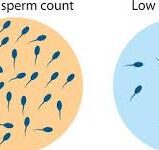
4. You have muscle weakness:
Numbness in the arms and legs and loss of locomotive control follows nerve and muscle damage subject to low vitamin E levels. Due to its role in the protection of muscle tissue in aerobic exercise, its deficiency would lead to oxidative muscle deterioration. This is detected by the presence of raised creatine levels and enzymes in blood. However, just the intake through diet can relieve muscle cramps, repair and recover the skeletal muscle in no time.
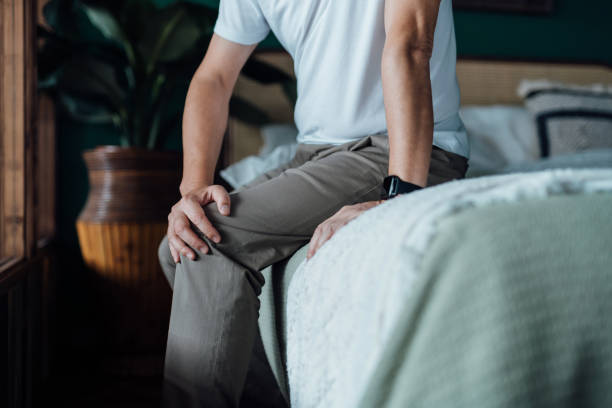
5. Discoloration of teeth enamel:
Periodontal health can be sustained by the ability of tocopherols to prevent the inflammation of gums and erosion of enamel. Brownish discoloration of the teeth enamel due to oxidation of unsaturated fatty acids to peroxides is the consequence of vitamin E deficiency. This occurs when bacteria succeed in invading the enamel as they have no resistant antioxidant to face.

Dietary sources of vitamin E:
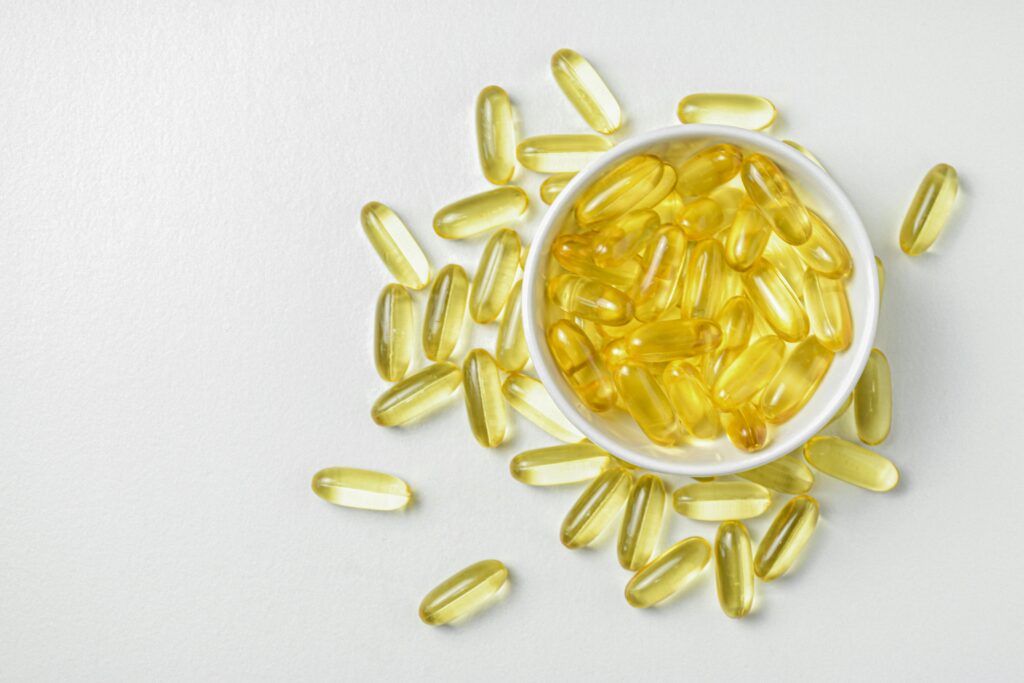
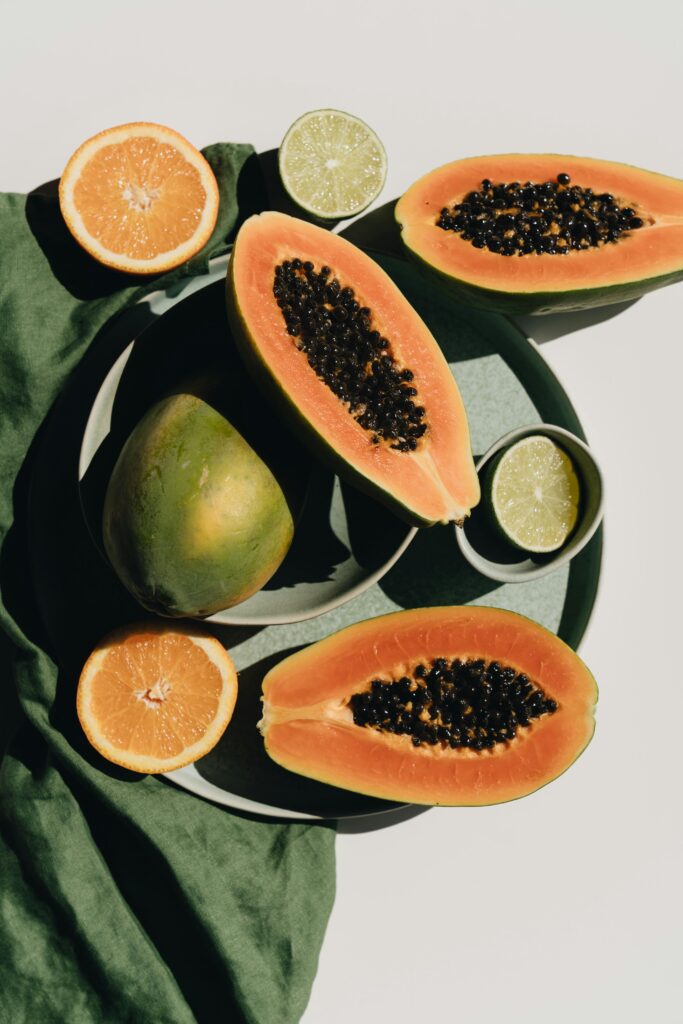


Oils: cottonseed, wheat germ, sunflower, corn
Green vegetables: cabbage, lettuce, spinach
Milk, meat, eggs, peanuts, apple seeds, butter etc.
This lipid soluble vitamin is absorbed in coherence with other lipids through small intestine. It is then carried to the liver in chylomicrons while in peripheral tissues in lipoprotein particles. It is stored in adipose tissue, liver, muscle and mammary glands transiently and mobilized for use when needed. Normal plasma level of tocopherols is less than 1mg/dl. The recommended daily allowance for pure a-tocopherol is 1.1mg in diet. However, it may vary with age, gender, physical activity etc. Its requirement is also directly related with the amount of unsaturated fatty acids in diet. Its deficiency does not normally occur in humans due to the consumption of vegetable oils.
Vitamin E as a health hazard:
Though being a thousand-fold beneficial, extremely high doses may contribute to hemorrhage as per its mild anticoagulant effect. Patients with bleeding disorders to take it after proper prescription from a physician.
